Top 5 Least Fuel Efficient Hybrids
Hybrids tend to be synonymous with excellent fuel economy, but that doesn’t mean all hybrid vehicles are gas sippers.
At the top end of the scale sits the Toyota Prius. A hybrid with one of the best gas mileage ratings, its combined 50 mpg is far above many gas-only vehicles.
At the other end however, some models appear to be taking advantage of their hybrid badge, offering marginal efficiency. And we’re not talking about supercars like the LaFerrari (which has an overall fuel rating of 14 mpg).
When shopping for a new car, Edmunds.com said that 79 percent of Americans name fuel economy as the most important factor in their buying decision. Instead of assuming that a hybrid status automatically bestows a vehicle with extreme fuel economy, buyers should take a closer look at the EPA rating.
Below are five of the least fuel efficient hybrid models currently on the market.
5. Audi Q5 Hybrid
Combined fuel economy rating: 26 mpg
Audi’s Q5 Hybrid SUV sets the tone for our list by introducing a common theme: many carmakers have opted to take a peppy vehicle already in production and add an electric motor for extra power and fuel savings. The end result typically yields a model with respectable sprint numbers and horsepower ratings, but low fuel economy (in comparison to vehicles that prioritize fuel economy over performance).
The Q5 Hybrid, as an example of this trend, borrows the same 2.0-liter turbocharged 4-cylinder engine from the non-hybrid Q5. Audi then added an electric motor and a lithium-ion battery, giving the Q5 Hybrid an extra 25 horsepower, but only a gain of 3 mpg overall.
4. Mercedes-Benz E400 Hybrid
Combined fuel economy rating: 26 mpg
Mercedes-Benz released its E400 Hybrid a little more than two years ago, adding an electrified model to its mid-range E-class. Supplementing the main 3.5-liter V6 is a singular 27 horsepower electric motor, which is capable of driving the car at speeds of up to 22 mph for about half a mile.
“For the power it offers, its economy is respectable,” said Jeff Cobb. “We would expect also a heavy footed driver could plummet the advertised numbers, but then that is always the case hybrid buyers must understand when contemplating fuel economy claims.”
As tested by the EPA, the E400’s numbers come in at 24 mpg in the city and 29 on the highway, worthy of the number 4 slot on our list.
How long this model stays on the roster however is in question though, as Mercedes is promising 10 plug-in variants up and down its model range by 2017.
3. BMW ActiveHybrid 5 and ActiveHybrid 7L
Combined fuel economy rating: 26 and 25 mpg (respectively)
This set of luxury-grade hybrids are the first models on the list to register below the average new car fuel economy, which was 25.2 mpg last month. The ActiveHybrid 5 and its bigger sibling, the ActiveHybrid 7L (pictured above), are BMW’s answer to combining dynamic driving with efficiency.
BMW tuned both to emphasize acceleration over fuel savings. The 7L can reach 62 mph in 5.7 seconds and has a top speed of 155 mph. For the 320 horsepower output, the L7 mates an electric motor to a turbocharged six cylinder.
2. Volkswagen Touareg Hybrid
Combined fuel economy rating: 21 mpg
If you’re scratching your head, wondering, “the Touareg what?” you won’t be alone. Last year, Volkswagen sold only 30 units of this SUV hybrid.
Though the Touareg Hybrid’s fuel economy numbers are paltry, this isn’t the only set of numbers dissuading buyers. The Touareg Hybrid’s base price of $67,000 is more than twice the cost of the category-leading Jeep Grand Cherokee. The hybrid is even more expensive (by almost $15,000) than the more efficient turbo diesel-powered Touareg.
Volkswagen said the 3.0-liter V6 hybrid powertrain is “supercharged to be powerfully efficient.” With 333 horsepower, the Touareg Hybrid is powerful. But its 20 mpg city/24 mpg highway rating is not remarkably efficient.
Lexus LS 600h L
Combined fuel economy rating: 20 mpg
The fact that the Lexus LS 600hL is one of the least efficient hybrid cars is ironic, given that one of the brand’s executives recently said the company will focus on hybrids because plug-ins aren’t as green.
“There’s a case to be made for [PHEVs] as a sales tool, but not as a way to save the environment,” said Mark Templin, group vice president and general manager for Toyota’s Lexus division.
“The government creates a regulation that’s supposed to create better emissions, less pollution, better mpg, and the reality is you add weight to the car and it gets poorer emissions,” he continued. “Unfortunately, when you build a plug-in hybrid you add weight to the vehicle, and you make it less fuel-efficient.”
At only 20 mpg overall, the LS 600h L gets worse gas mileage than a 2015 Dodge Ram 1500 pickup. Part of this comes from weight overload: the 5,115-pound curb weight of this Lexus is significantly heavier than comparable gas-only luxury sedans.
Become an AutoGuide insider. Get the latest from the automotive world first by subscribing to our newsletter here.
More by Jeff Cobb



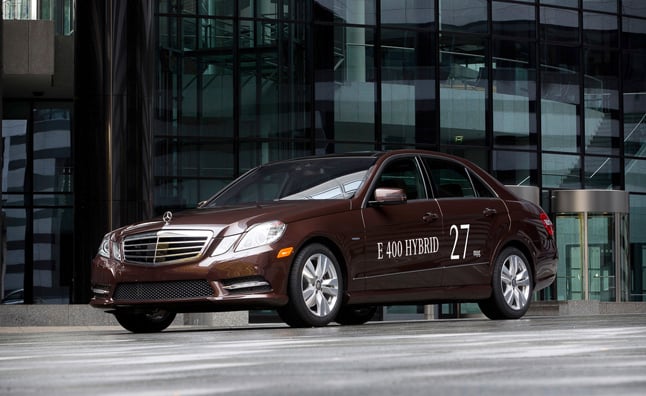





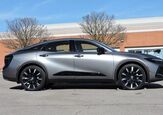










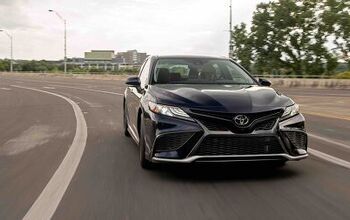
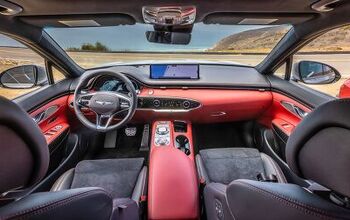
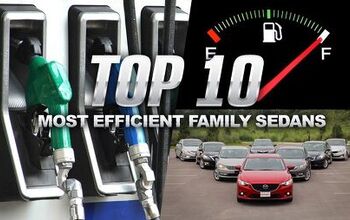
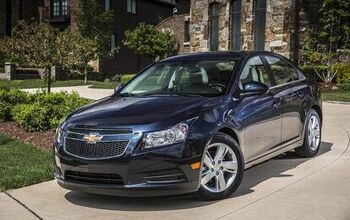
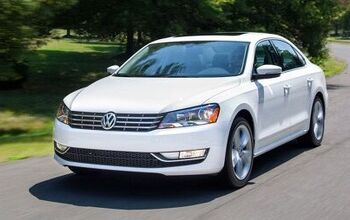


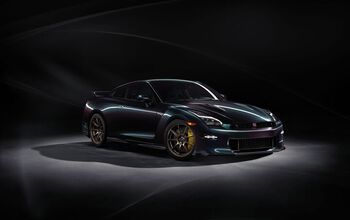
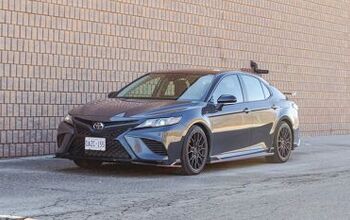
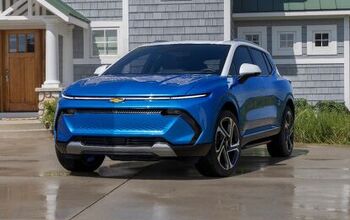



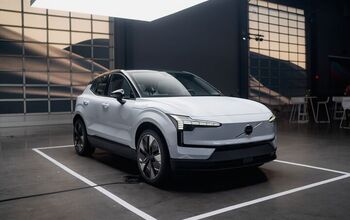

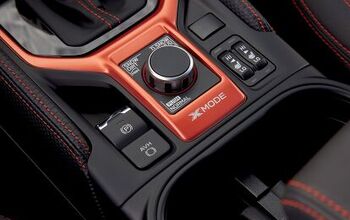
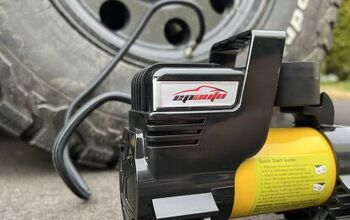
Comments
Join the conversation